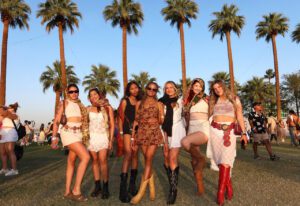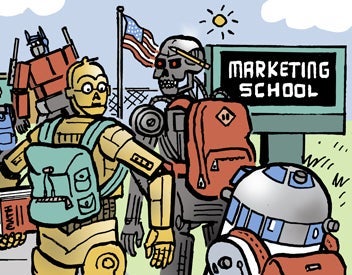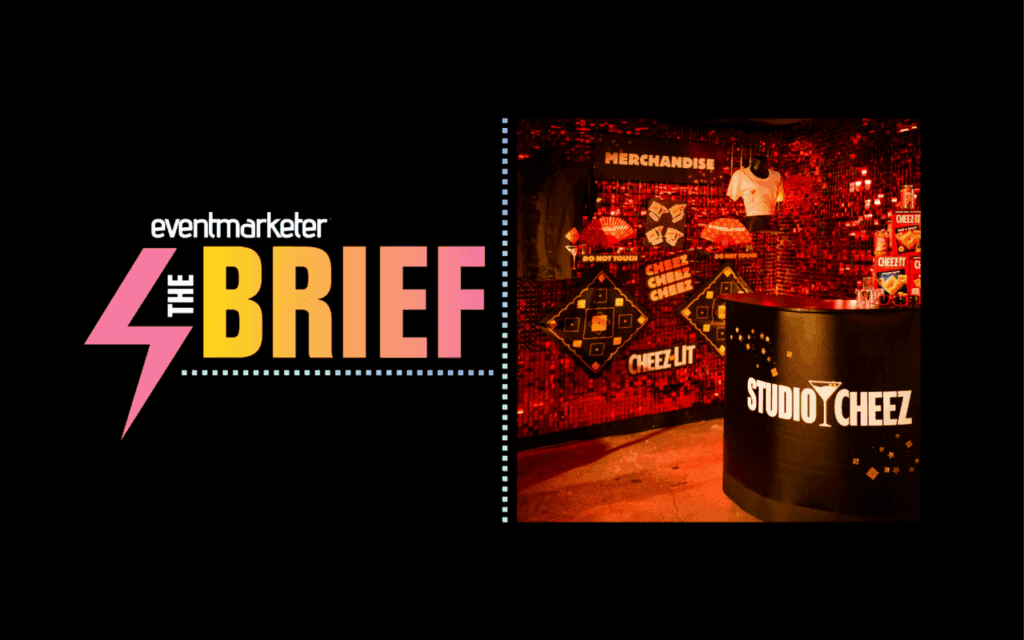When Wal-Mart Stores made its first foray into reality TV this summer, it wasn’t the result of work by the company’s marketing department: It was the Wal-Mart & Sam’s Club Foundation. The foundation sponsored ABC’s summer reality show The Scholar, kicking in $300,000 for “secondary scholarships” awarded during the show’s first five episodes. (The non-profit Broad Foundation funded the top prize, a full university scholarship at the winner’s school of choice, valued at up to $240,000.)
In exchange, Wal-Mart’s foundation got airtime for TV spots and mentions during the show and at ABC.com.
It was auspicious timing: The June-July show began just as the Wal-Mart foundation announced an allocation of $6.9 million in scholarships through its Sam Walton Community Scholarships program, and a few months before its fall application season for 2006 scholarships. Acting as education benefactor gives Wal-Mart’s image a boost as the company weathers legal and legislative assaults amid growing criticism of its operations.
Foundation Director Ron Stanley oversees program development, and worked with the foundation’s agency, Kansas City-based Bernstein-Rein Advertising, to execute The Scholar sponsorship. He spoke with PROMO Senior Editor Betsy Spethmann about reality TV and reaching students.
PROMO: How did you get together with ABC to do The Scholar?
Stanley: Bernstein-Rein, the foundation’s advertising agency, brought the program to us late last year. They had come across the programming and thought immediately of our scholarship programs and all the work we do with education, and brought it in to us to consider.
It was kind of a surprise when they brought us the show. We just haven’t done reality TV shows. But it was an ‘aha’ for them because it would fit hand in glove with our scholarship programs. The content about academics and competing for scholarships was the key.
PROMO: What do you like about the show?
Stanley: It brings in some of the better parts of other reality programs like The Amazing Race and other shows outside reality TV, like Jeopardy! without being an athletic or a real egghead-type program. The focus is on intelligence, hard work and persistence — things we look for in our scholarship program.
PROMO: Do you have any say in the content of the show?
Stanley: None at all. We were told in general what the format would be, and knew, for instance, that in one episode that teams of five contestants would be given $2,000 Wal-Mart gift cards to outfit their dorm room as a challenge, but we didn’t know the details. [A virtual tour on ABC.com shows the dorm room decked out in Wal-Mart gear.]
PROMO: Why is a tie-in with a TV show a good venue to showcase the scholarship program?
Stanley: It’s a natural fit. We’ve been giving away community scholarships for 25 years. We have a commercial on the show that talks about the fact that we’ve given $100 million in scholarships to over 50,000 students. The whole premise of the program just fit.
PROMO: Is this the first reality show you’ve considered, and Wal-Mart’s first foray into reality TV?
Stanley: We’ve been in reality and talk shows before, but this is a different level of network reality TV programming.
PROMO: What do you want to get out of the partnership?
Stanley: We just want people to know more about the fact that education is a big platform of our giving. Out of our total giving program — about $170 million a year — about $45 million is for education. The rest goes far and wide; most of our giving is done through our local stores [for] literacy programs, support for emergency responders and scholarships. There’s a lot of discretion at the grassroots level to support whatever is important in the local community.
We want to reach parents and students, because in the fall we have an online application process where people can apply and compete for our scholarships.
PROMO: How do The Scholar’s secondary scholarships work?
Stanley: Each episode, one student gets a $50,000 scholarship funded by Wal-Mart, and then each of those winners is guaranteed a spot in the final competition. The kids are working for the full ride [funded by The Block Foundation] at the very end, but a couple of the [Wal-Mart secondary scholarship] winners have mentioned that it’s very important to get that $50,000 because that will take them a long way, even if they don’t win the full ride. Fifty thousand dollars is one or two times the family income of some of these kids. To them, $50,000 is a breath-taking experience.
PROMO: What comments have you heard from the contestants in the show?
Stanley: In the first episode, one kid went around asking the others what their family income was. He didn’t realize the other contestants were disadvantaged. Some families had $15,000 or $20,000 in annual incomes. They’re truly excited to have the opportunity to compete for that $50,000.
PROMO: How will you measure your success with The Scholar?
Stanley: We just want people to know about our programs. Since education is such a big part of our platform, we feel that if we can just get the word out that we support education and we want to be aligned with that subject, we’ll be successful. This program has already been successful in that way.
PROMO: It’s noteworthy that Wal-Mart’s first sponsorship of a TV show is through its foundation. For other brands involved in branded entertainment, it’s been purely a marketing arrangement.
Stanley: We’ve had opportunities, but they weren’t a fit with Wal-Mart. With The Scholar, there’s certainly an opportunity to communicate some merchandising, but there’s a bigger opportunity to communicate what we’re doing for education.
PROMO: And it’s obviously good visibility for Wal-Mart’s overall image. Is the marketing staff watching the project?
Stanley: It’s definitely an integrated opportunity, with a chance for them to run a couple merchandising spots on the program. But it’s rare for us to go into something with marketing; we don’t go looking for opportunities to combine the foundation’s image advertising with merchandising advertising. [Still], they’re looking at it.

 Network
Network

